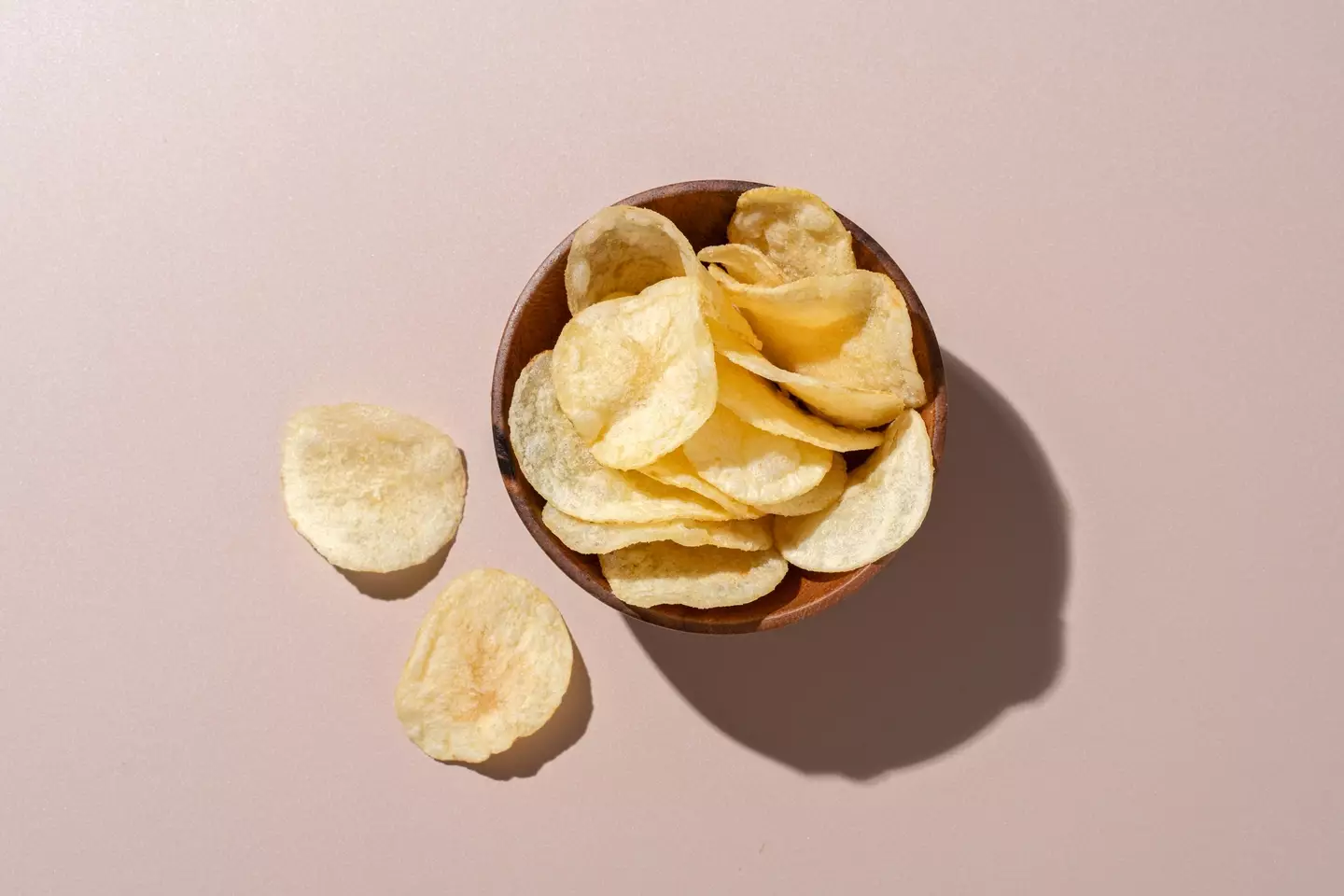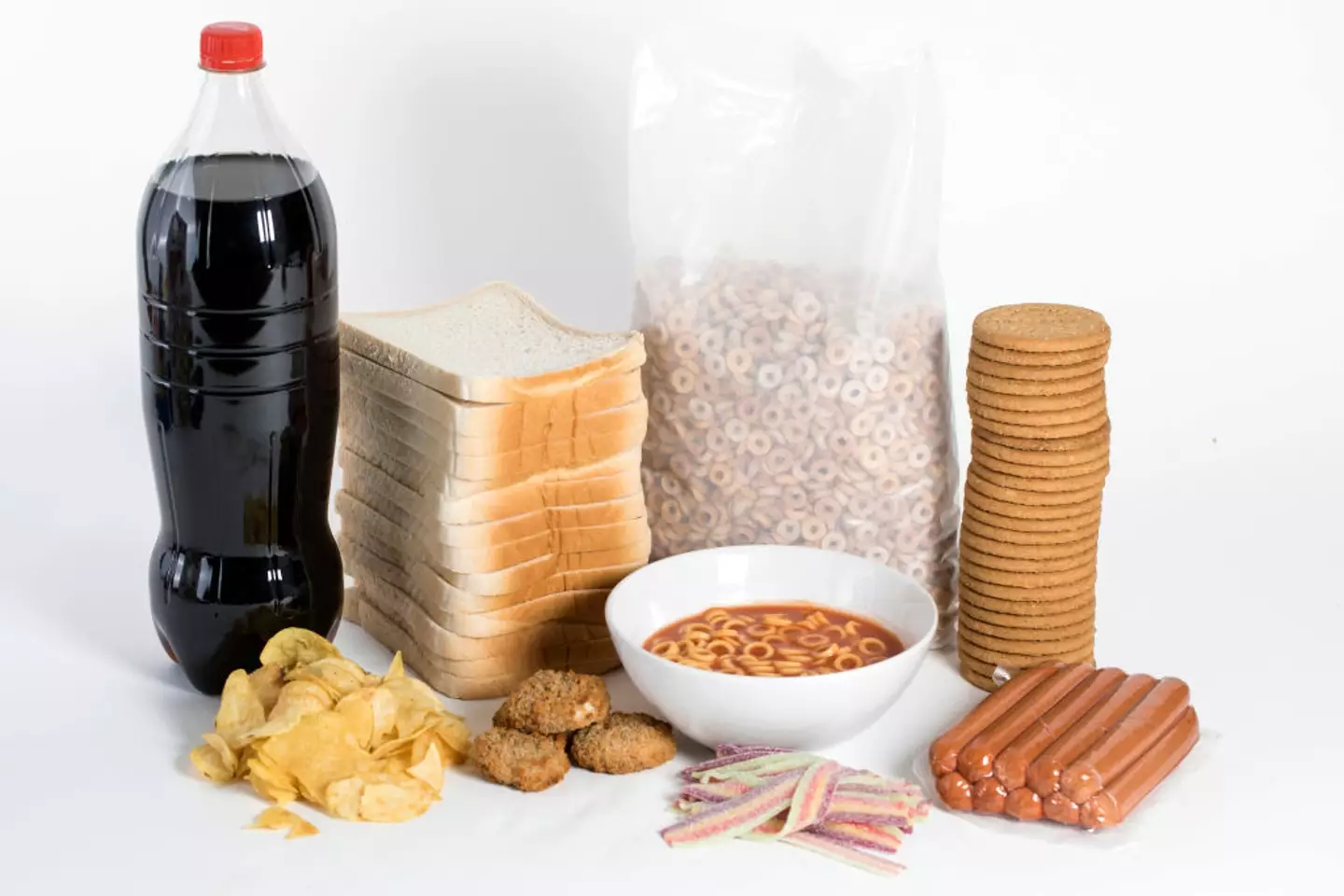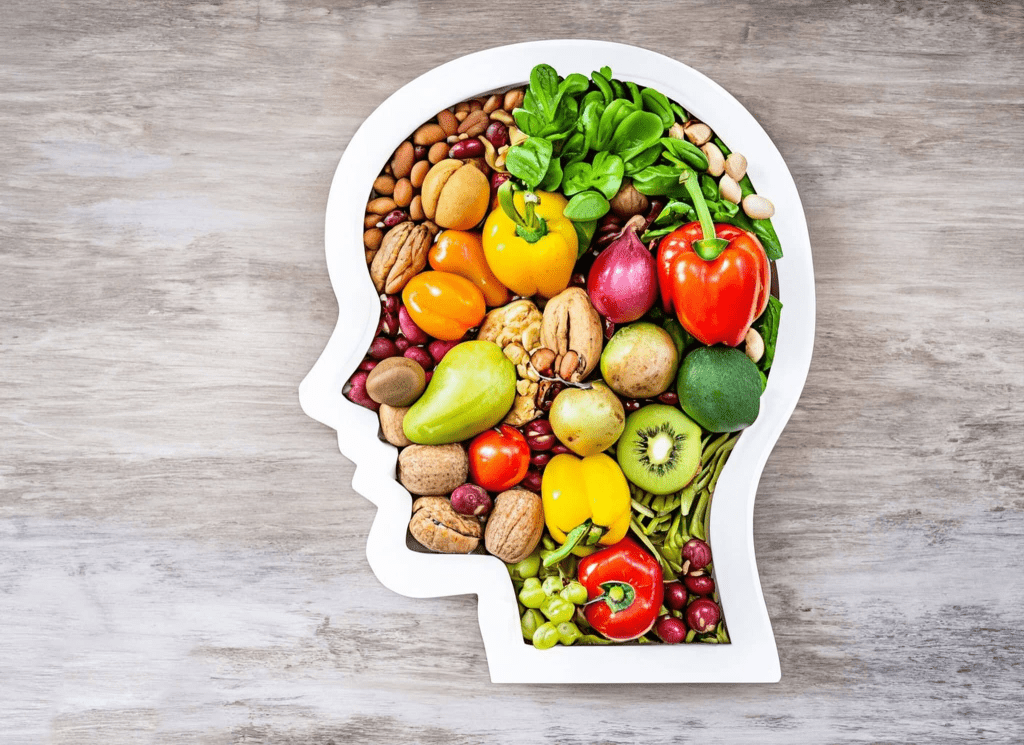In today’s fast-paced world, convenience often dictates our food choices. Ready meals, snacks, and fast food offer quick solutions to mealtime, especially when juggling work, family, and social obligations. But Dr. Chris van Tulleken, a doctor of molecular virology and author of Ultra-Processed People, warns that our dependency on these ultra-processed foods (UPFs) may be leading us down a dangerous path. Dr. van Tulleken claims that eliminating certain foods from our diet could reduce the risk of disease by a staggering 60%. Let’s explore which foods to avoid, why they’re harmful, and what healthier alternatives are out there.
Understanding Ultra-Processed Foods and Their Risks

Ultra-processed foods have become a staple in the modern diet. These are products that undergo extensive processing, often containing additives, artificial ingredients, and preservatives, designed for long shelf life and easy distribution. Dr. van Tulleken explains that foods high in added sugars, saturated fats, and preservatives fall into this category, and regular consumption can lead to a range of health issues.
In a podcast interview, Dr. van Tulleken explained that eliminating these foods could reduce your risk of developing certain diseases—heart disease, diabetes, hypertension, and even some cancers—by up to 60%. The reason? Ultra-processed foods are packed with unhealthy ingredients that disturb natural bodily processes, from hormone regulation to mental well-being.
What Are Ultra-Processed Foods?
To understand what to avoid, it helps to distinguish between food types:
- Unprocessed Foods: These are natural, whole foods that haven’t been altered. Fresh fruits, vegetables, grains, and nuts fall into this category.
- Processed Foods: Slightly altered foods like pasteurized milk, smoked salmon, and cheese. These foods are still healthy and often involve traditional methods of preservation or enhancement.
- Ultra-Processed Foods (UPFs): Foods that have been heavily altered from their natural state, often with added sugars, salts, fats, and chemicals. Examples include packaged snacks, candy, soda, fast food, frozen meals, and sugary breakfast cereals.
Ultra-processed foods are prevalent in the modern diet because they are cheap, accessible, and convenient. However, Dr. van Tulleken warns that convenience comes at a cost.
Why Ultra-Processed Foods Are Harmful
According to Dr. van Tulleken, one in five people in the UK get 80% of their calories from ultra-processed foods, with similar trends worldwide. Consuming a diet heavy in UPFs can affect not only physical health but also mental and emotional well-being. Studies link high UPF consumption to various diseases, including obesity, type 2 diabetes, cardiovascular diseases, and certain cancers.
In addition to health risks, ultra-processed foods have been shown to alter the brain’s reward system, leading to addictive eating patterns. This can create a cycle of dependence on these foods, making it even harder to break free from them.
How Ultra-Processed Foods Impact Your Health
Dr. van Tulleken notes that our bodies struggle to process these foods effectively. Here are some specific ways UPFs harm health:
- Weight Gain: Ultra-processed foods are calorie-dense and low in nutrients, which can lead to overeating and weight gain.
- Hormonal Disruption: UPFs can interfere with hormone regulation, particularly those involved in appetite, mood, and stress, creating a feedback loop that promotes further unhealthy eating.
- Increased Risk of Chronic Diseases: Diets high in UPFs contribute to higher risks of chronic diseases, including heart disease, diabetes, and hypertension. These foods raise blood pressure, cholesterol, and blood sugar levels over time.
- Mental Health Impacts: Studies have shown that a diet high in UPFs can impact mental health, increasing the risk of anxiety and depression. This is partially due to the lack of essential nutrients in these foods and their impact on the brain’s reward system.
Examples of Ultra-Processed Foods to Avoid

While ultra-processed foods are everywhere, cutting back can have profound health benefits. Some common UPFs to avoid include:
- Sugary Snacks and Beverages: Soda, sweetened juices, candy, and desserts are high in sugar and additives, providing empty calories with little nutritional value.
- Packaged Snacks: Chips, crackers, and other packaged snacks are often high in unhealthy fats, salt, and preservatives.
- Frozen and Fast Foods: Foods like frozen pizza, burgers, and fries are filled with artificial ingredients and trans fats, which increase inflammation and negatively impact heart health.
- Sugary Breakfast Cereals: Many breakfast cereals are loaded with sugar and lack fiber and protein, leading to blood sugar spikes and crashes.
- Instant Noodles and Ready Meals: Often high in sodium and preservatives, these quick meals lack the nutrients needed to fuel the body effectively.
The Corporate Hold on Our Food Choices
Dr. van Tulleken highlights another troubling aspect of the UPF epidemic: the consolidation of food production. He points out that roughly 75% of the world’s calories come from the same six corporations, while just 15 to 20 companies produce the majority of foods in the UK. This concentration limits the variety in our diets, replacing nutrient-dense, locally produced foods with mass-produced, nutrient-poor UPFs.
As a result, the global diet has narrowed, leading to reliance on a limited set of foods rather than the thousands of species that make up a truly diverse diet. This monoculture diet not only affects human health but also reduces biodiversity, impacting ecosystems and agricultural sustainability.
Making Healthier Choices: Embracing Whole Foods

Shifting away from ultra-processed foods doesn’t have to be complicated. By focusing on whole, unprocessed foods, you can support your health and reduce the risk of disease. Here are some practical steps:
- Choose Whole Fruits and Vegetables: Incorporate a variety of fresh produce into every meal. Aim to eat a colorful array of vegetables and fruits to maximize nutrient intake.
- Prioritize Whole Grains: Instead of refined grains, opt for whole grains like quinoa, oats, brown rice, and whole-wheat products, which provide fiber, vitamins, and minerals.
- Cook More at Home: Preparing meals from scratch allows you to control the ingredients and avoid unnecessary additives. Simple, homemade meals can be healthier and just as quick with a bit of planning.
- Opt for Quality Protein: Choose lean proteins like beans, lentils, nuts, eggs, and fresh meat over processed meats and fast food.
- Read Ingredient Labels: Be mindful of added sugars, preservatives, and artificial ingredients. If a product has a long ingredient list filled with unfamiliar names, it’s likely ultra-processed.
Breaking the UPF Addiction Cycle
For many, ultra-processed foods are convenient and can become addictive, but breaking the cycle is possible. Start with small changes, such as swapping soda for water or a sugary snack for fresh fruit. Gradually reduce UPF intake, and notice the positive changes in your energy levels, mental clarity, and overall health. Over time, whole foods will become your new normal, and your cravings for UPFs will diminish.
Conclusion
Dr. van Tulleken’s warning about ultra-processed foods serves as a wake-up call to rethink our diets and the foods we rely on for sustenance. Cutting down on UPFs and focusing on whole, nutrient-rich foods can significantly reduce the risk of various diseases, from heart disease to diabetes and beyond. While convenience is tempting, the cost to health is far greater in the long run. By embracing whole foods, making meals at home, and avoiding the lure of ultra-processed snacks and ready meals, we can take control of our well-being and set ourselves on a healthier, more fulfilling path.


